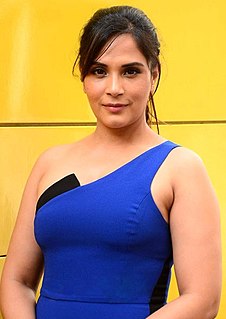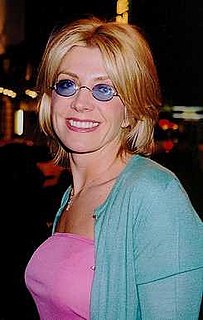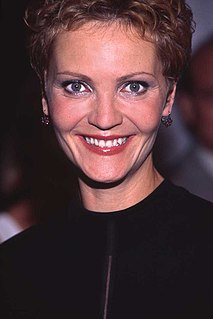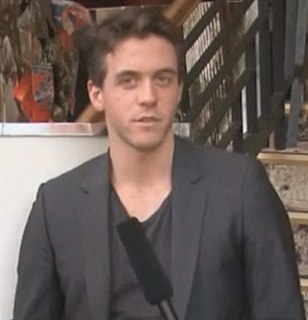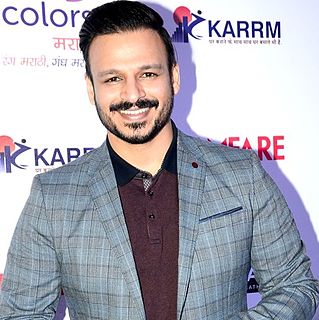A Quote by Sai Pallavi
When I do a film, it is about how I become a character.
Related Quotes
To spend any time with someone who is among the top five film composers of the last 50 years is pure gold dust. I mean, not necessarily stylistically, because everyone is different in what their music sounds like, but the approach and how to look at a film, how to think about a film, how to decide what you want to do, how to think about characters, how to think about art, how to think about narrative, how to liaise with producers, how to liaise with directors.
I have songs that define characters from each film of mine. It can be a song from that particular film or something that just goes with the wavelength of the film; you listen to it, and it gives you that rhythm. I can't articulate how it helps, but it somehow gives you an understanding of the character.
I don't think I can break down any doors, but I'm thinking, "Maybe I can be a cameraman, because I love the cameras." And the cameraman would show me how to thread the film, how to repair it, the lenses. That's when you become, like, goony goo-goo about it. You breathe and eat camera, and all of a sudden, you don't want anything else in the world. You finally know, "This is my calling." When you're passionate about something, it doesn't become work. It's art and it's fun. It's arduous, it's sweaty.
How do I do that preparation [for film]? Just an immersion. I have a musician's, I guess, ear for the sound of the voice but it's also important to me, in the case of [playing] someone who is controversial, to get the outlines of the character right because how they present themselves to the world has a great deal to do with how people feel about them.
This is what I would say to my pupil: 'You have become only your fame and left behind most of who you were. How are you going to deal with that? Will you lose that person forever? Have you become someone else without really knowing it? Do you always have to stay in character for people to like you? Do you know that you are in character?'.





